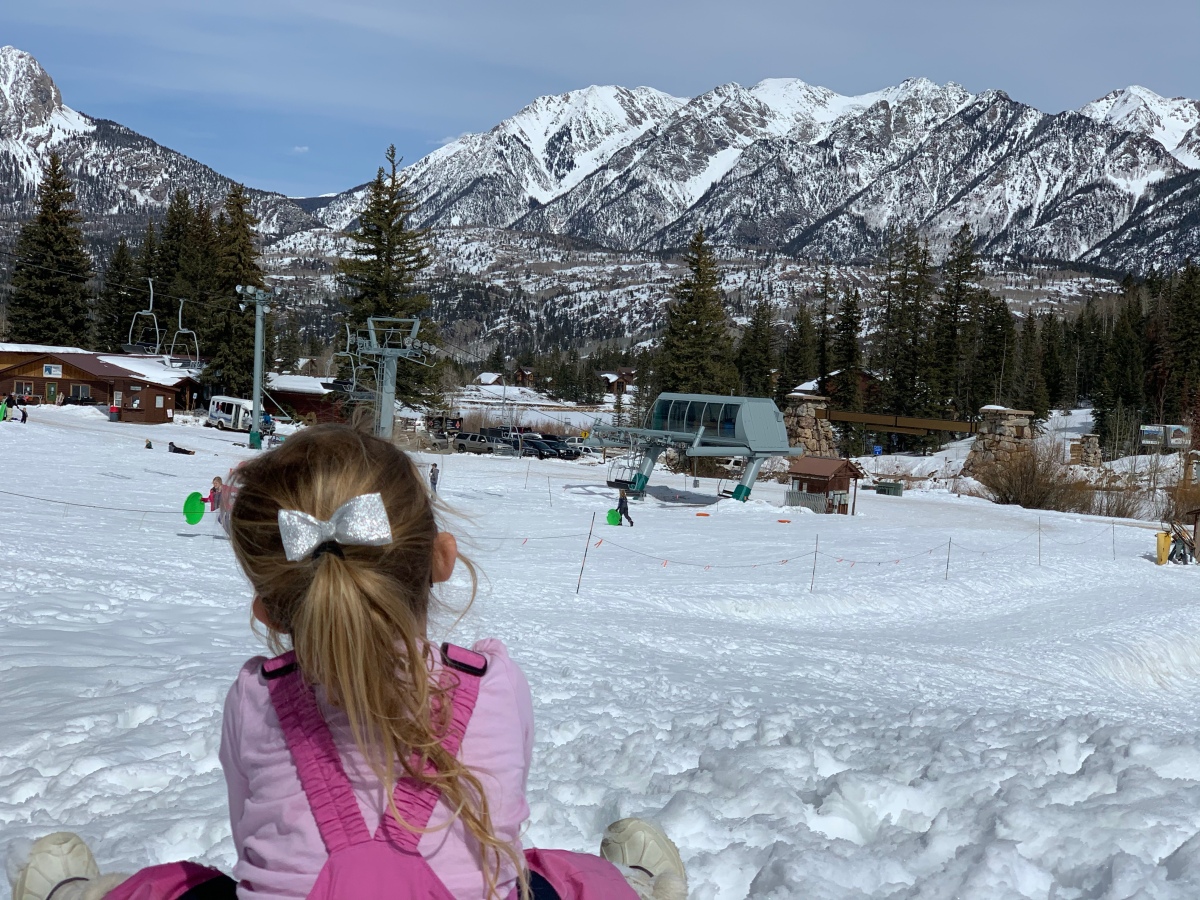Turn Savvy Shopping into Family Travel
If your kids are like mine, they beg daily to go to Disney World or to stay at a hotel for the buffet breakfast and awesome pool. I’m pretty sure I know where they get it from; I research travel deals more often than I’d like to admit. With our family’s wanderlust, we set a high budget annually for travel, but we also try to find creative ways to free up some additional cash to pay for spontaneous trips we just can’t pass up. This is part of why I continually seek ways to save as much as possible on our food spending each month.
In 7 EASY Ways to Save on Groceries, I shared how our family of 6 got our grocery budget down from over $1200 per month to closer to $900.On average, we continue to save about 17% – 25% of our total on each trip to the grocery store by using coupons and capitalizing on weekly sales and clearance offers. We also use ibotta to get up to $8 cash back per receipt. Over the last year, with the exception of the months at the start of the pandemic, we saved nearly $3600 on groceries and earned about $112 in cash back from ibotta. That amounts to $3,712 that could be put toward additional investing or travel!
Let’s see how this math plays out for a “typical” American family. The average grocery costs for a family of 4 in America is between $800 and $1,000 per month. If a family can reduce its grocery spending by 25% over the next 12 months, that would give a family an additional $200 – $250 per month to go toward other opportunities. If that money were invested and compounded annually at 8%, those grocery savings would amount to approximately $36,688 – $45,860 in cash at the end of 10 years. That could be a down payment on a house or a trip around the world! It could even allow you to retire an entire year earlier.
However, if you need more short-term motivation, those annual savings of $2,400 to $3,000 could take your family of four to Disney World or any other favorite vacation destination each year. Here’s how:
- Use a hotel rewards card for all your grocery shopping. At the time this was published, Hilton Honors offers a 150,000 point sign-up bonus as well as 5x points for grocery spending, meaning that your annual spending of $7,200 would provide you with 186,000 points to use toward hotel stays. (That’s just with grocery spending, not including anything else you’d put on that card.) *Important: Only sign up for a credit card if you are able to make your payments every month on time!*
- Transfer the amount you save in groceries each month into a high-yield savings account and give that account a clever name to keep you motivated, such as “Meeting Mickey Mouse”.
- Use the calendar function on Disney’s website to find the most affordable days to visit Disney World (or do research for cheapest time to travel to your desired destination/theme park). Mid-week travel in August and September is often when you’ll find the best prices. For a family of four, 4-day passes to Disney World Resort (1 park per day) come out to $1,708.28.
- Find the best hotel using your points. Log in to the specific hotel chain associated with the credit card you signed up for (Marriott Bonvoy, Hilton Honors, World of Hyatt…), and search the dates of travel associated with the lowest-priced theme park tickets. Select the option to “Pay with Points” or “Use Points”. A quick search turned up dozens of hotels priced at 20,000 to 30,000 points per night. With the Hilton Honors example above, you’d have at least 186,000 points available to go toward this stay, which would cover 6 to 9 nights away.
- Book your trip and use the remaining $700 to $1300 (or more with added interest and cash back) toward flights, rental cars, or food. Find more ways to save on airfare and rental car!
This method of motivation to save on groceries not only works for you, but it’s a great way to get your kids on board with learning about the benefits of frugality too. If a trip to Disney World is promised, kids may be willing to try more off-brand foods, finish the leftovers in the fridge, and help with meal planning and prep! It’s a win-win for everyone.






























